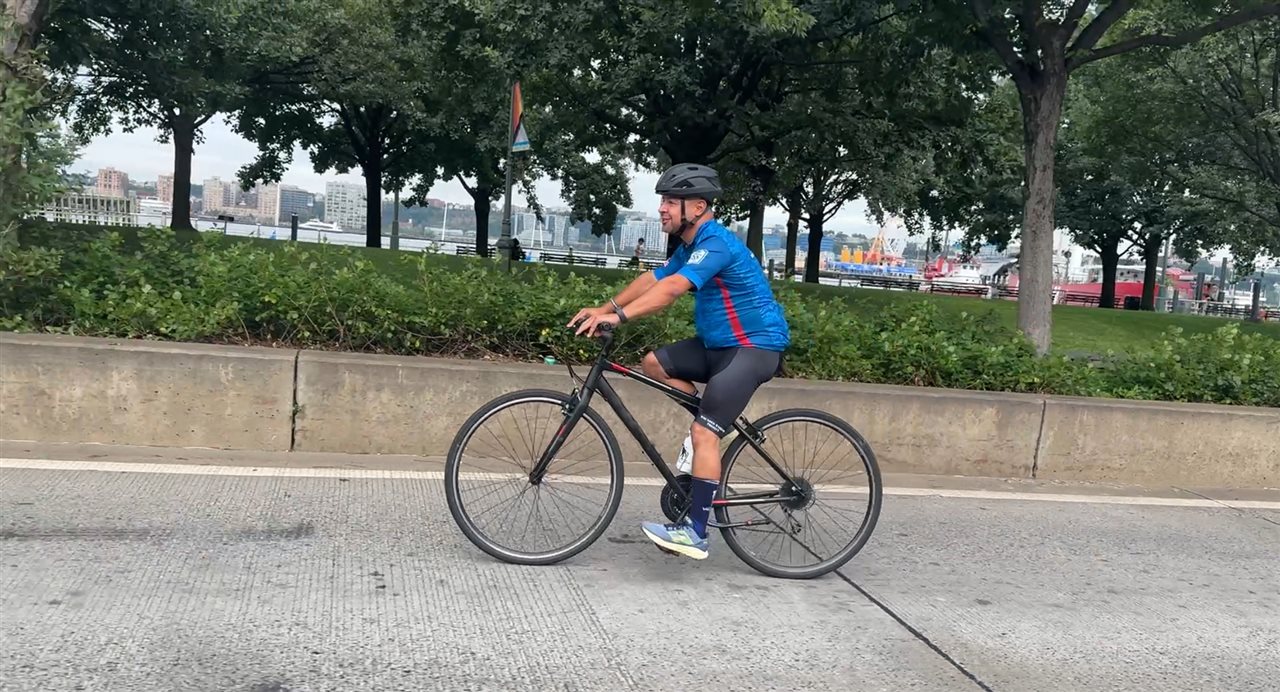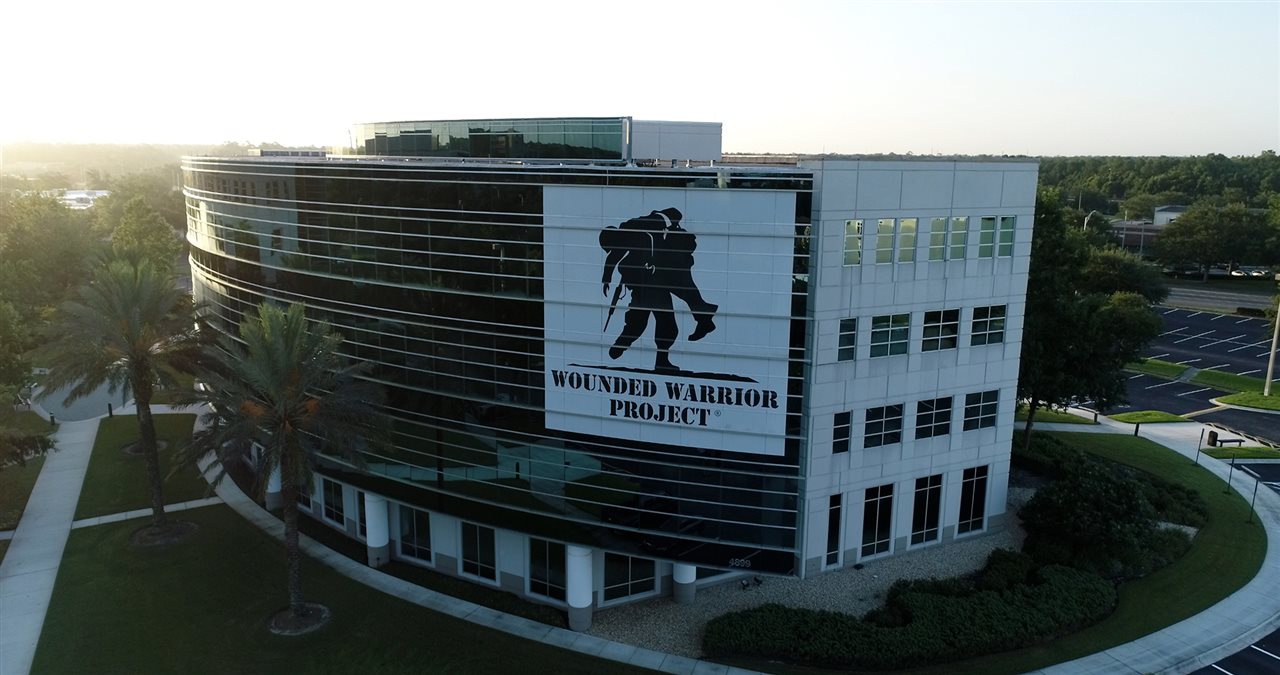(BPT) - Sept. 11, 2001, left a huge mark on the U.S. and changed the life trajectories of many people, including Army National Guard veteran Antoinette Wallace. Before 9/11, she had never considered joining the military. Antoinette was applying to colleges, narrowing her options and considering a legal career. That all changed.
"I was in high school when 9/11 happened," Antoinette said. "I was a senior at Curtis High School in Staten Island, so I witnessed everything that morning. I saw the first plane hit and thought it was an accident, but when I saw the second plane hit, I wondered what was going on. Then I watched the towers collapse. This all gave me the resolve to join the military."
While only in eighth grade on Sept. 11, Gabriel Vasquez was already moved to respond.
"I saw smoke coming from the towers from my classroom," said Gabriel. "In the coming months, New York City was the most patriotic I had ever seen, with flags everywhere. I knew I had to do something to serve my nation."
From service members to civilians
About 4 million men and women served on active-duty in the first 10 years following 9/11. Like many, Antoinette and Gabriel enjoyed the natural camaraderie they built with other service members.
Recapturing that sense of belonging and friendship, on top of managing physical and mental health challenges, made transitioning back to civilian lives difficult.
"You've been completely changed, and you will never be the same again," Antoinette said. "I wanted things to return to 'normal' and be a typical early 20-something with a social life. But trying to connect with new people, especially civilians, is tough."
When Gabriel left the military after the birth of his son, he also missed the built-in social life and found making authentic connections difficult.
"When I left the Marines, I lost that brotherhood and camaraderie," he said. "Finding it again felt impossible."
Luckily, Antoinette and Gabriel found a place where they belonged and resources that made a return to civilian life more manageable through Wounded Warrior Project® (WWP).
Committed to veterans
WWP started in 2003 to provide comfort items to injured service members coming home from conflicts in Afghanistan and Iraq. Since then, the nonprofit has evolved to provide programs and services that help post-9/11 veterans by bringing them together, helping them find the right civilian career and establishing programs to empower veterans to address their mental health so they can thrive for a lifetime.
"I was at the Veterans Affairs hospital when I heard about Wounded Warrior Project from fellow female veterans," Antoinette said. "The organization really caught my attention, so I signed up. I wanted to connect with other veterans so much and Wounded Warrior Project made that possible. Everyone embraced me at my first event, and I felt so comfortable."
During his time in college, Gabriel also heard about WWP through word of mouth, but initially didn't know he could join.
"I didn't know I was eligible because I thought you had to be severely disabled," Gabriel said. "I have physical injuries, but I still have all my limbs."

WWP serves veterans with visible and invisible wounds. Once he realized that, Gabriel joined WWP and found the camaraderie he had missed during his time as a Marine.
Beyond the opportunity for social connections with like-minded people, Antoinette and Gabriel found other avenues of support through WWP.
"The Physical Health and Wellness program has been very helpful for me," said Gabriel. "Having access to dietary information and learning things like how to stretch and work out properly have made my life easier."
Never alone
One thing that Antoinette and Gabriel have learned from their experiences with WWP is that they don't have to walk their journey alone.
"There is help out there," Antoinette said. "If you are a veteran or know one, there are organizations like Wounded Warrior Project that can help in your recovery. While you might doubt your eligibility, take the first step toward healing by reaching out."

To learn more about how WWP services and programs can help you or veterans in your life, visit WoundedWarriorProject.org.



